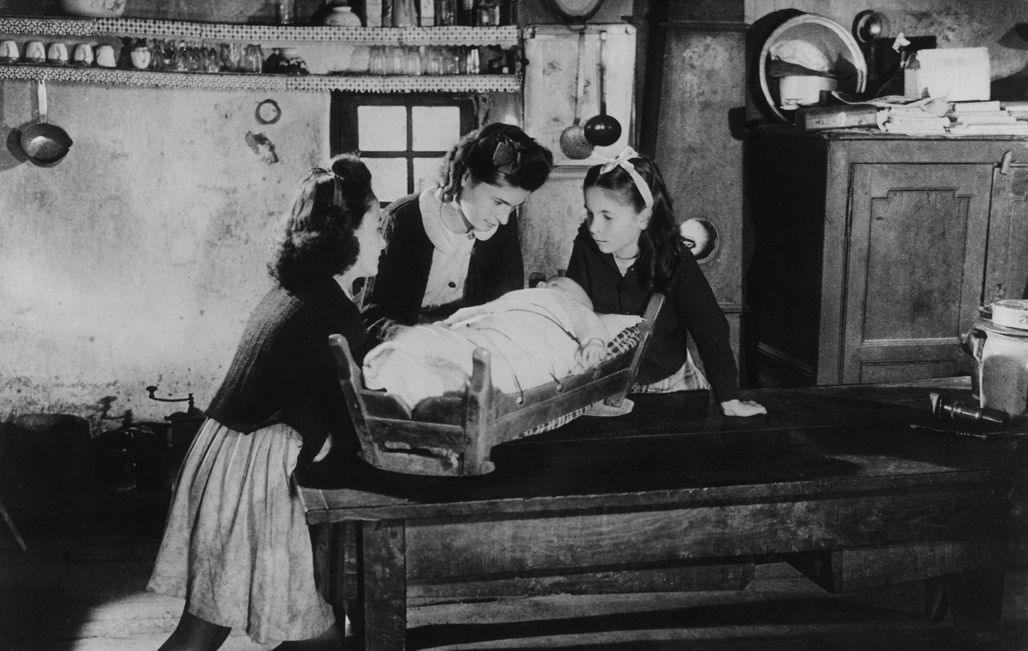
Farrebique: a homage to the first film to win an international press prize

Back then, they still rolled their 'r's and spoke a dialect that's virtually disappeared today. They lived close to nature. The place was Farrebique, in the South-West of France – the name of the farm where Georges Rouquier came to film the locals for an entire year, from 1944 to 1945. Farrebique, is also the title he gave his feature film. This film was the first to win the Fédération internationale de la presse cinématographique (Fipresci), prize 70 years ago.
In Farrebique, everyone plays their own role. It's a barely romanticised documentary, a fiction based on reality, which plunges us into the daily life of a family: the long winter evenings by the light of an oil lamp, the summer harvests, the autumn labour. Georges Rouquier invites us to savour each moment, at the table, in the fields, at funerals. But also to explore the questions hanging over everyone. Should we welcome the arrival of electricity? Should we share our land?
This film earned Georges Rouquier the status of 'father of French documentaries'. With Farrebique, the Aveyron-based director achieved global acclaim. A winner of the Fipresci Prize in Cannes, the film was then distributed to the United States where it became an object of study in its own right. Steven Spielberg and Francis Ford Coppola both referred to the work and considered it a milestone in the history of film.
38 years later, Georges Rouquier returned to the Farrebique farm and made Biquefarre: the same characters, the same farm, but everything has changed. The erstwhile peasants have become modern farmers, using tractors and pesticides, selling their produce and buying their food. The Occitan language is dying out. Where Farrebique had left its cinematographic mark, Biquefarre provided a mirror image, a testament to the profound upheavals in rural France.
Film digitised and restored by Eclair with the support of CNC. Restoration in 2K rbased on the negative nitrate. Coordination and monitoring by Cristina Martin at Documents Cinématographiques.


